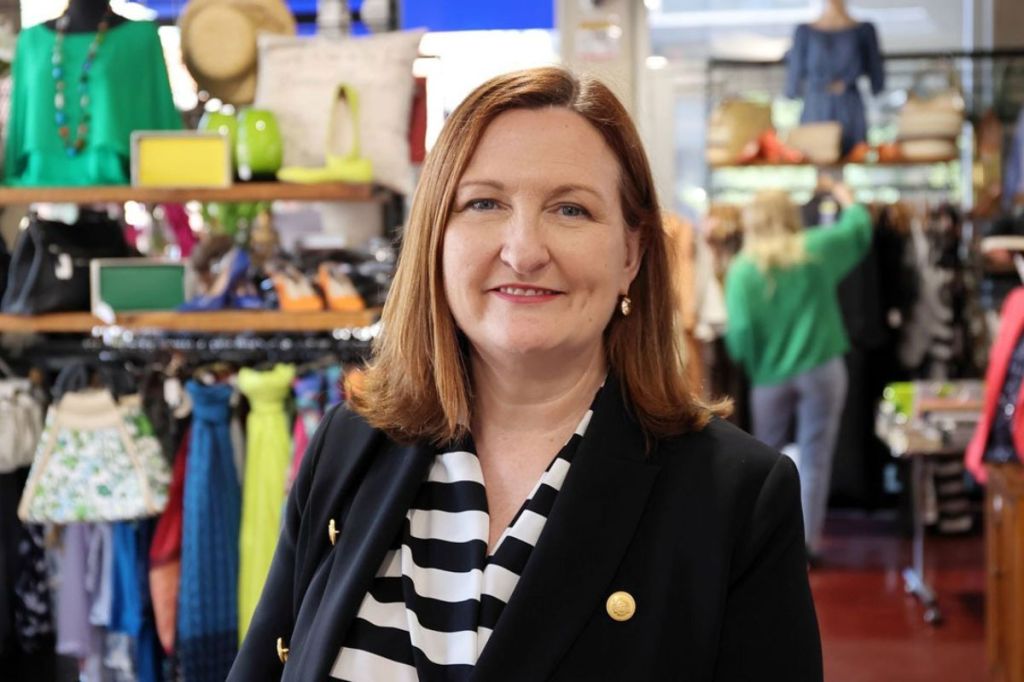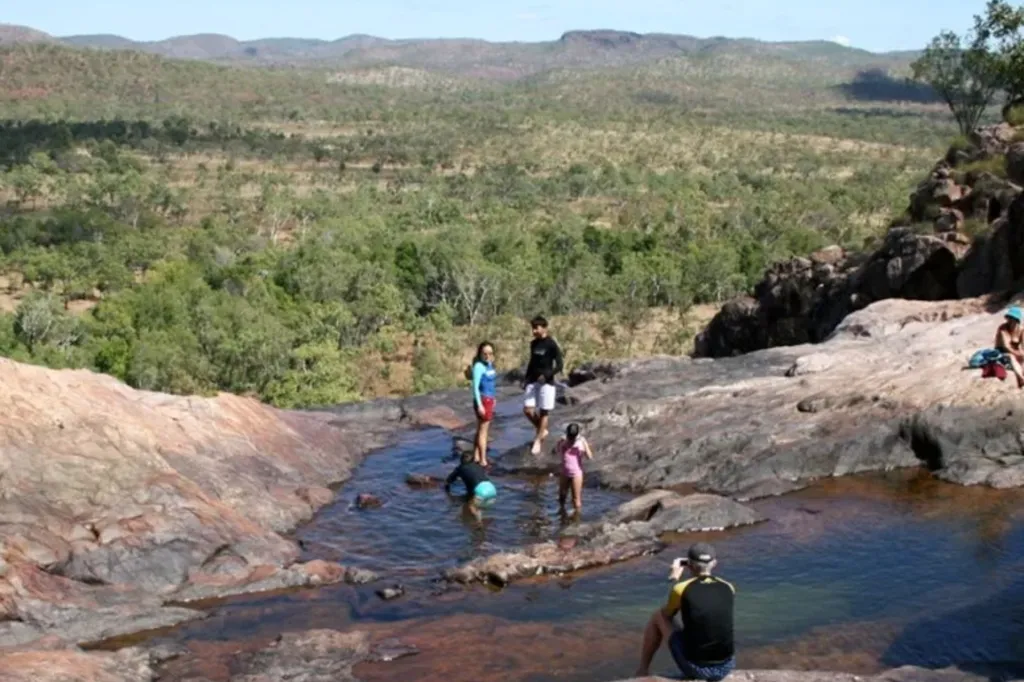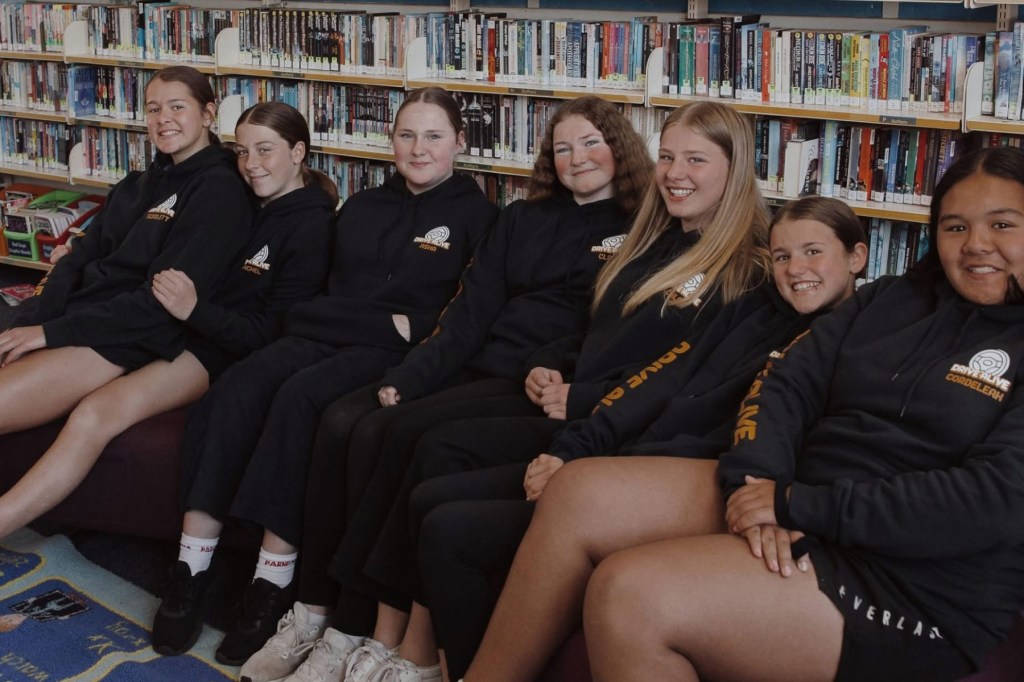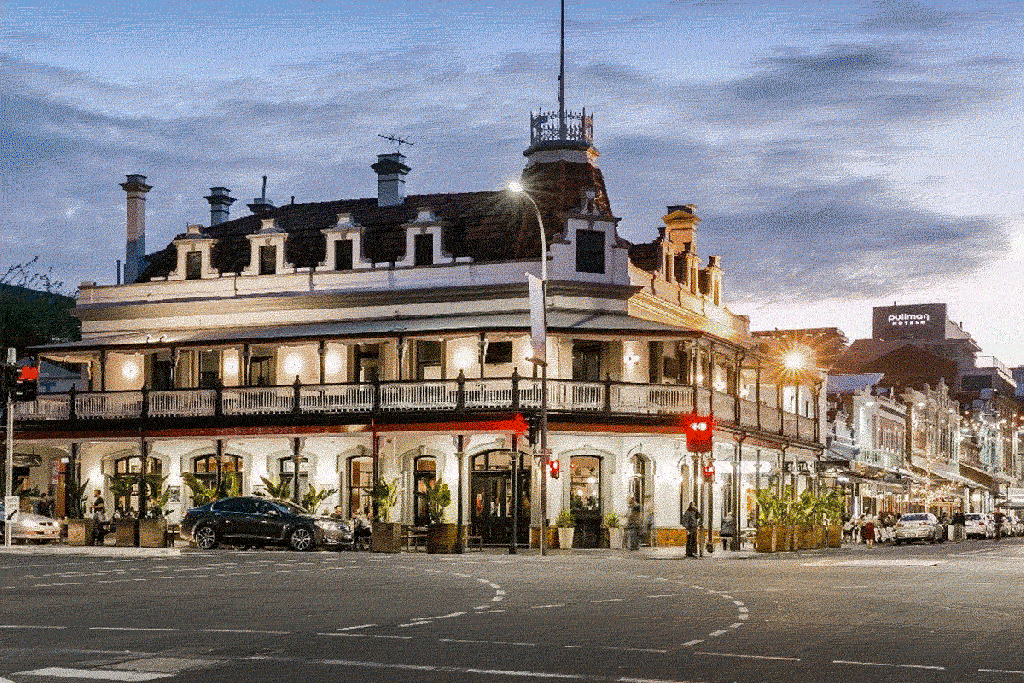‘A date with history’: SA date palm producer wins history fellowship
Riverland date palm producer David Reilly has won the 2024 History Council of South Australia’s Fellowship for his project which will trace the introduction and cultivation of date palms across the state.
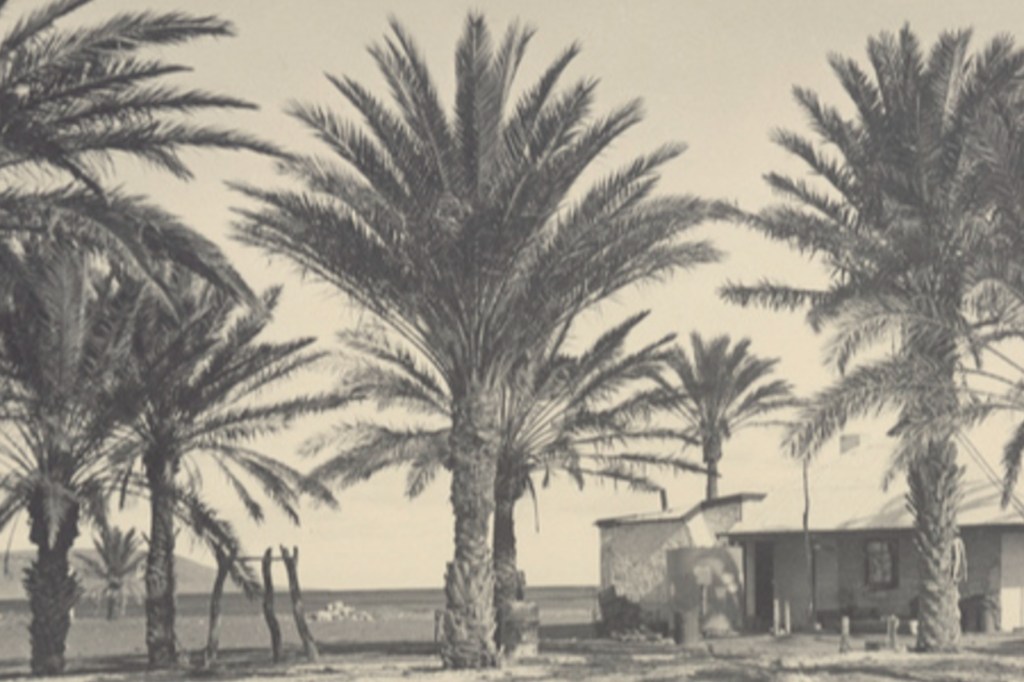
When Reilly opened his local newspaper the Murray Pioneer to find an advertisement for the History Council of South Australia’s (HCSA) annual fellowship, he said it was a “light bulb” moment.
The fellowship, which promotes the discovery, analysis and exploration of South Australian history, encourages applicants with insight from professional and non-professional backgrounds.
For Reilly, this insight stems from information gathered over the last 20 years tracing the introduction and cultivation of Australia’s date palms.

A young date palm plantation in Northern SA, 1901. Source: State Library of South Australia
The fascination began in 1993 when exploring salt-tolerant crops for his 700-acre intergenerational family farm, Gurra Downs, where saline water from the nearby wetlands threatened crop yields.
Since then, Reilly has been busy expanding operations and establishing a registered research and development site, with the fellowship being his opportunity to finally share his findings.
You might like
Fellowship recipients are given $2000 and support to access the State Library of South Australia’s (SLSA) collection, and the opportunity to share their research with a keynote lecture.
Reilly said he plans to use part of the grant to remaster old photographs and said the support from library staff will be helpful.
Among nine applications, ranging from topics such as the institutional life of women and children to the impact of art and architecture, religion and immigration, and the biographies of famous and infamous South Australians, the judges unanimously awarded the fellowship to Reilly.
Judge and Marsden Szwarcbord Foundation co-director Dr Susan Marsden said Reilly’s topic highlighted how historical projects can be done by all Australians, not just professional historians.
Judging panel chair, South Australia’s History Advocate Dr Kiera Lindsey, echoed this sentiment by emphasising the importance of communicating history beyond traditional academic institutions.
“I think more generally we are moving as a society from a world where only experts had the authority to tell stories,” she said.
Stay informed, daily
“History is perhaps going to be not so much just a discipline, but a passion and a practice.”
For fellowship judge and SLSA team Leader of Research & Discovery David Brooks, the project’s ability to “provide South Australia with a unique ‘date with history’,” was most compelling.
While Reilly said he isn’t expecting a “best seller”, he hopes the project will recognise the pioneering work of Australians beginning in the 1800s and provide the industry with necessary branding and recognition.
“The first historical record of date palms in South Australia can be traced to the Lutheran missionaries who planted this species in Tanunda during the 1850s,” he said.
Intertwined with the Muslim cameleers, the Overland Telegraph, the Ghan railway, Mound Springs, Great Artesian Basin, Indigenous lands, and outback cattle stations, date palm roots are deeply embedded within Australian soil.
“It’s right in front of your nose, isn’t it?” said Dr Lindsey of these “archives in the land”.
“I think some of the most exciting history projects that happen these days are the ones that make us look at our everyday world a little bit differently.”
By producing a comprehensive report of this often-overlooked history of South Australia, Reilly is passionate about planting a fruitful legacy for future generations to come.
“Giving people the opportunity and the resources to ignite their curiosity and go looking for fresh stories in our sources is really so important to knowing who we are as South Australians, and that’s what the fellowship is about,” Dr Lindsey said.
Applications for next year’s HCSA Fellowship open in September, with more information at www.historycouncilsa.org.au.
